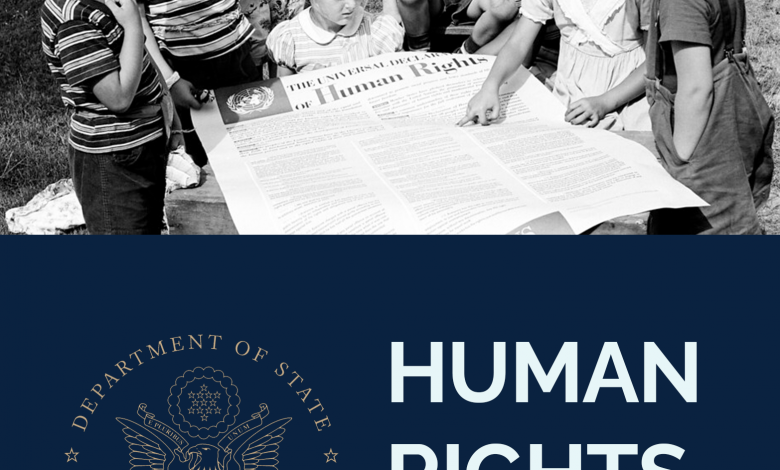2022 Country Report on Human Rights Practices: Sweden

SUMMARY
The annual country reports on human rights practices – the Human Rights Report – cover internationally recognized individual, civil, political and labor rights as set out in the Universal Declaration of Human Rights and other international conventions. The US Department of State submits reports to the US Congress on all countries receiving assistance and all member states of the United Nations under the Foreign Assistance Act of 1961 and the Trade Act of 1974.
The Kingdom of Sweden is a constitutional monarchy with a freely elected multi-party parliamentary government. Legislative power rests with the unicameral parliament (Riksdag). Observers rated the 2018 parliamentary elections as free and fair. In 2019, a centre-left coalition led by Stefan Lofven of the Social Democratic Party took office. Löfven lost a no-confidence vote in June but returned as prime minister in July. The king is largely a symbolic head of state. The Prime Minister is the head of government and exercises executive power.
The state police are responsible for law enforcement and general order in the country. The Security Service is responsible for national security related to terrorism, extremism and espionage. The Department of Justice provides resources and direction for both areas of policing, but does not control how the police conduct them. According to the Constitution, all branches of the police force are independent agencies. The civilian authorities retained effective control over the security forces. There were no reports of human rights violations by members of the security forces.
One of the key issues was the existence of criminal defamation laws.
The government had mechanisms in place to identify and punish officials who might commit human rights abuses.
The full report for Sweden can be found on the Bureau of Democracy, Human Rights, and Labor website.

